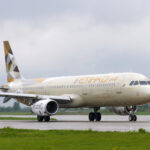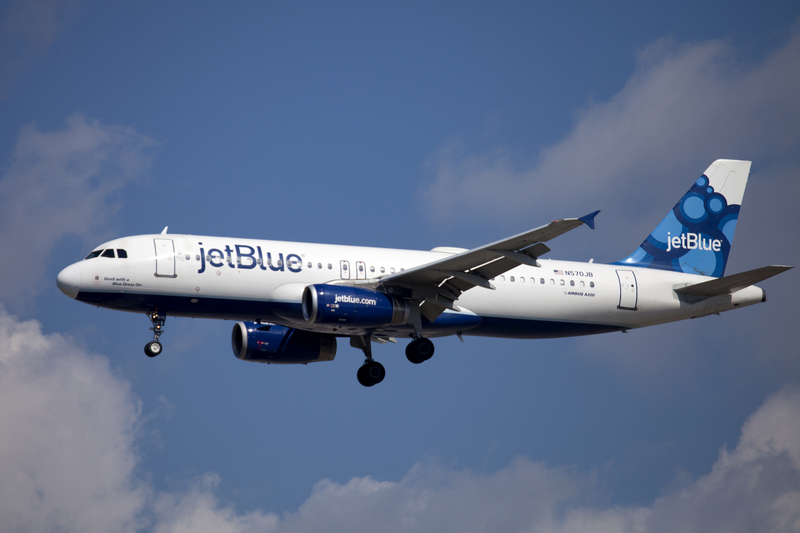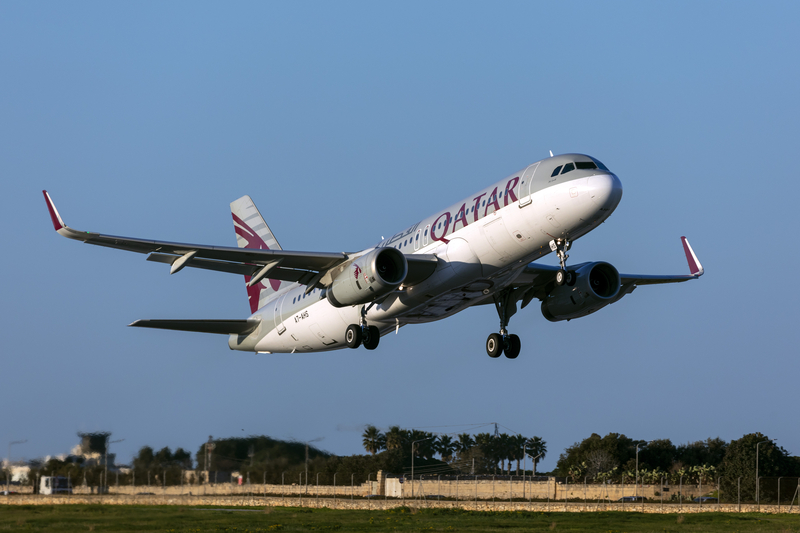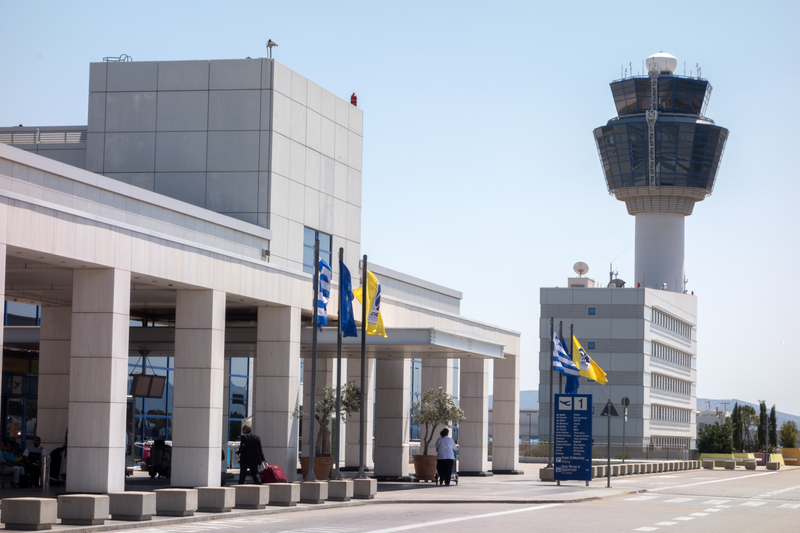Etihad Airways Reintroduces Airbus A380 on the Abu Dhabi to Paris Route
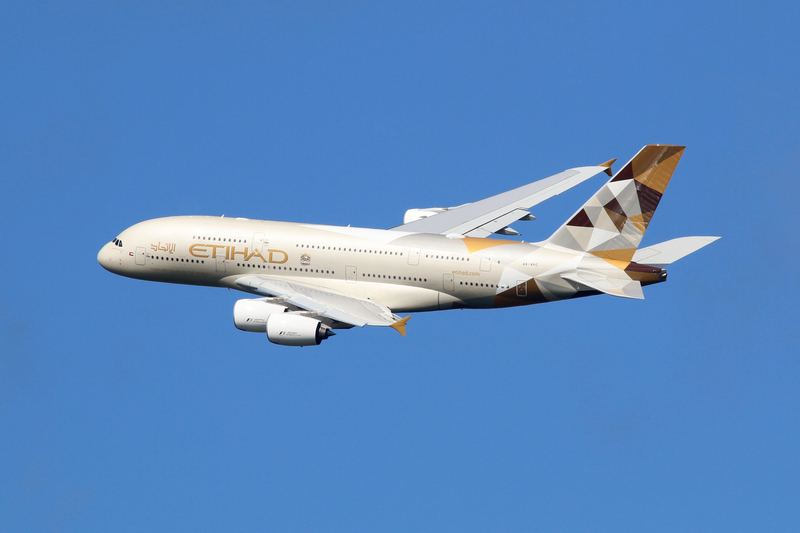
ID 60151796 © Boarding1now | Dreamstime.com
Etihad Airways has announced the return of its flagship Airbus A380 on the popular Abu Dhabi (AUH) to Paris (CDG) route, marking a significant step in its operational strategy to accommodate increased passenger demand on long-haul routes. Starting in December 2024, the reintroduction of the double-decker aircraft will provide travelers with a premium, spacious travel experience, reinforcing Etihad’s commitment to elevating in-flight luxury on high-traffic international routes.
The move comes amid a global resurgence in demand for high-capacity, long-haul travel, particularly as key international travel markets experience growth post-pandemic. Etihad’s decision to bring the A380 back into service aligns with its recent strategy to enhance its premium offering, focusing on routes that can support the aircraft’s unique combination of large passenger capacity and upscale amenities.
The Airbus A380 Returns: Enhanced Comfort and Capacity
Known as the world’s largest passenger airliner, the Airbus A380 offers unprecedented levels of space, comfort, and in-flight amenities that appeal to both premium and economy travelers. Etihad’s A380 fleet is configured with a total of 496 seats across four classes: First Class, Business Class, Economy, and the airline’s signature “The Residence” suite, a luxury three-room suite that offers an unparalleled level of privacy and service.
The First Class cabin features individual suites with sliding doors, providing passengers with added privacy, along with fully flat beds, personal wardrobes, and high-quality amenities. Business Class passengers enjoy Etihad’s fully-flat seats with direct aisle access, while the Economy cabin provides spacious seating and upgraded entertainment options. The return of the A380’s upper-deck lounge, accessible to both First and Business Class passengers, offers a social space for travelers seeking relaxation and interaction during their journey.
The Residence, exclusive to Etihad’s A380, is a standout feature for the Abu Dhabi-Paris route. This suite is designed to emulate a private jet experience, complete with a bedroom, private bathroom, and dedicated butler service. The Residence’s return is expected to appeal to ultra-premium travelers seeking a bespoke experience for long-haul travel, underscoring Etihad’s unique value proposition within the competitive luxury travel segment.
Strategic Route Choice: Abu Dhabi to Paris
Paris, as a major European tourism and business hub, has shown strong demand for premium travel options, making it an ideal route for Etihad’s A380 reintroduction. The Abu Dhabi-Paris corridor consistently attracts a mix of leisure and business travelers, with significant volumes of passenger traffic between Europe and the Middle East. This demand aligns well with the A380’s capacity to accommodate high passenger loads while offering a luxurious travel experience that caters to premium travelers.
The reintroduction of the A380 on this route is also a strategic move that strengthens Etihad’s presence in the European market, where competition among international airlines is fierce. By offering a high-capacity aircraft with exclusive amenities, Etihad can attract a broader spectrum of passengers, from budget-conscious travelers in Economy to high-net-worth individuals in The Residence. This approach enables Etihad to differentiate itself from other carriers on the route, many of which rely on smaller, twin-aisle aircraft.
The decision to resume A380 flights to Paris may also pave the way for additional A380 services to other key destinations in the future, as Etihad assesses demand and passenger preferences in its network.
Meeting Growing Demand and Enhancing Premium Offerings
The global resurgence in air travel, particularly on premium routes, has been driven by the return of business travel, leisure tourism, and an increasing trend toward more luxurious travel experiences. With international tourism bouncing back and business travelers prioritizing comfort on long-haul routes, Etihad’s A380 reintroduction reflects a broader industry shift towards reinstating and expanding premium services.
Etihad’s decision to reintroduce the A380 highlights the airline’s dedication to accommodating the needs of a diverse passenger base. The Abu Dhabi to Paris route will benefit from the A380’s capacity to provide a unique travel experience, offering amenities that are unavailable on smaller aircraft. This route choice also allows Etihad to optimize the aircraft’s large seating capacity during peak travel periods, maximizing efficiency and profitability.
According to Etihad’s management, the airline has observed a surge in demand for premium cabins and sought-after routes like Paris, making the A380 a viable and attractive option for routes with high occupancy rates. This reintroduction not only enhances Etihad’s premium offerings but also positions the airline as a competitive player in long-haul luxury travel.
Operational Efficiency and Environmental Considerations
While the A380 is known for its size and comfort, it has been less fuel-efficient compared to newer, twin-engine long-haul aircraft. However, Etihad has implemented operational adjustments to offset these concerns. The airline’s commitment to carbon reduction has led it to adopt sustainable aviation fuel (SAF) options and other efficiency-focused initiatives where possible, aimed at reducing the environmental impact of A380 operations.
Etihad’s leadership has stated that the return of the A380 is carefully balanced with its sustainability goals. While the airline is transitioning its fleet to incorporate newer, fuel-efficient models like the Boeing 787 Dreamliner and Airbus A350, the demand-driven reintroduction of the A380 is viewed as a complementary strategy that aligns with Etihad’s economic and operational objectives.
Industry Implications and the Future of the A380
The decision by Etihad to reinstate A380 services represents a resurgence in the appeal of this aircraft model, especially on high-demand routes. Despite initial predictions that the A380 might be phased out in favor of smaller, more efficient aircraft, its enduring popularity among passengers has led several carriers, including Emirates and Singapore Airlines, to bring the A380 back on select routes.
Etihad’s reintroduction of the A380 signals a potential trend among global airlines to utilize the A380 selectively on routes where high capacity and premium services justify its operational costs. For Etihad, the decision underscores the flexibility within its fleet strategy, leveraging the unique attributes of the A380 to meet passenger expectations while balancing financial and environmental considerations.
Bottom line
The return of Etihad’s Airbus A380 on the Abu Dhabi to Paris route is a welcome development for travelers seeking luxury, comfort, and exclusivity on their long-haul journeys. By reintroducing the A380, Etihad not only meets rising passenger demand but also enhances its premium service offerings in one of the world’s most competitive travel corridors. As the aviation industry continues to recover and adapt to post-pandemic travel dynamics, Etihad’s A380 reintroduction serves as a testament to the enduring appeal of the aircraft, particularly for airlines committed to providing a superior travel experience.
